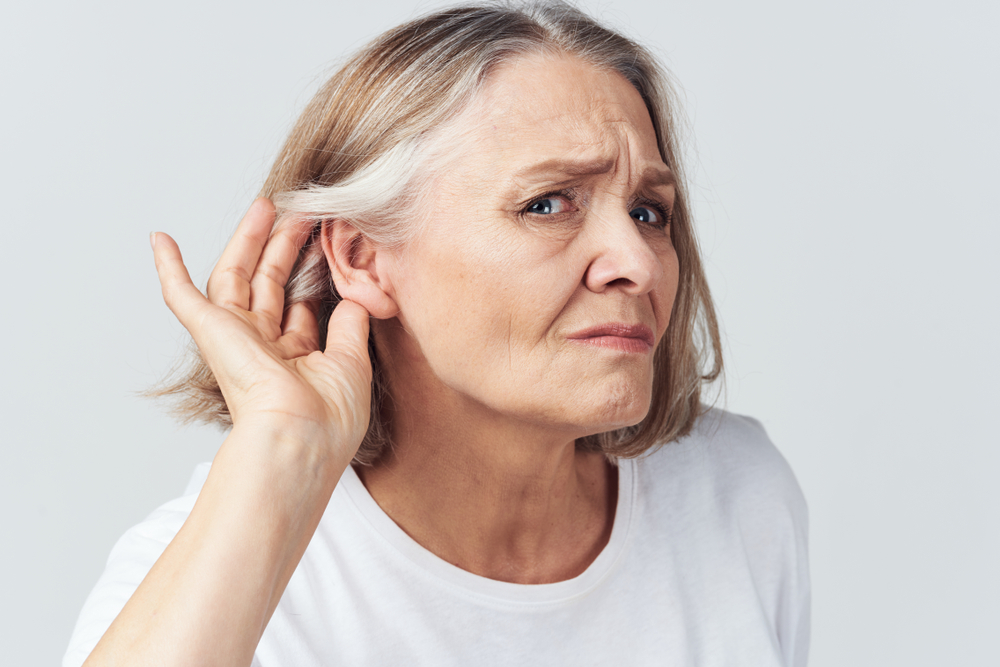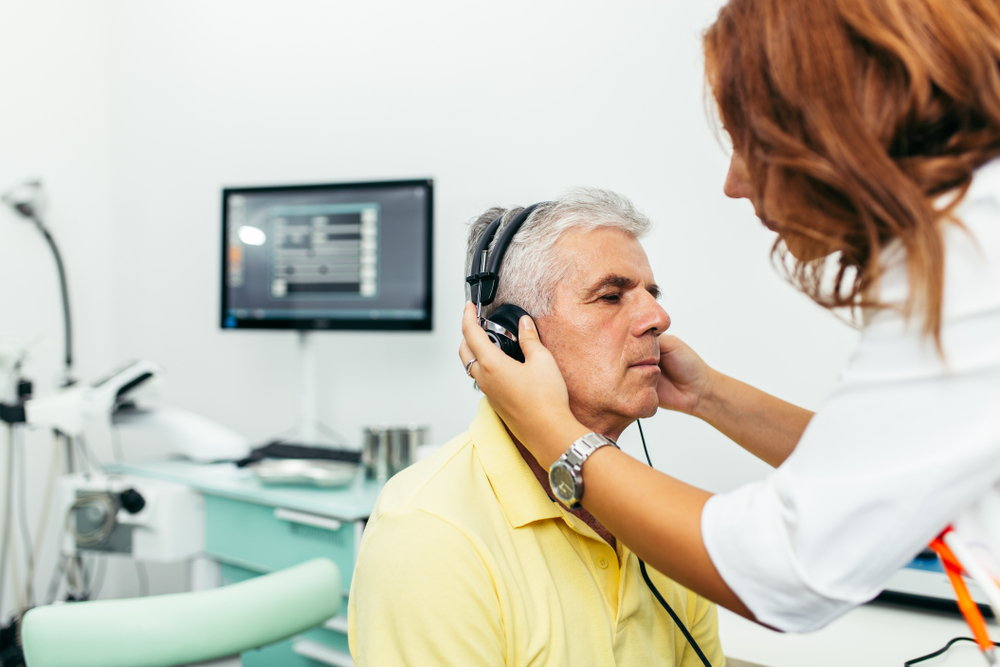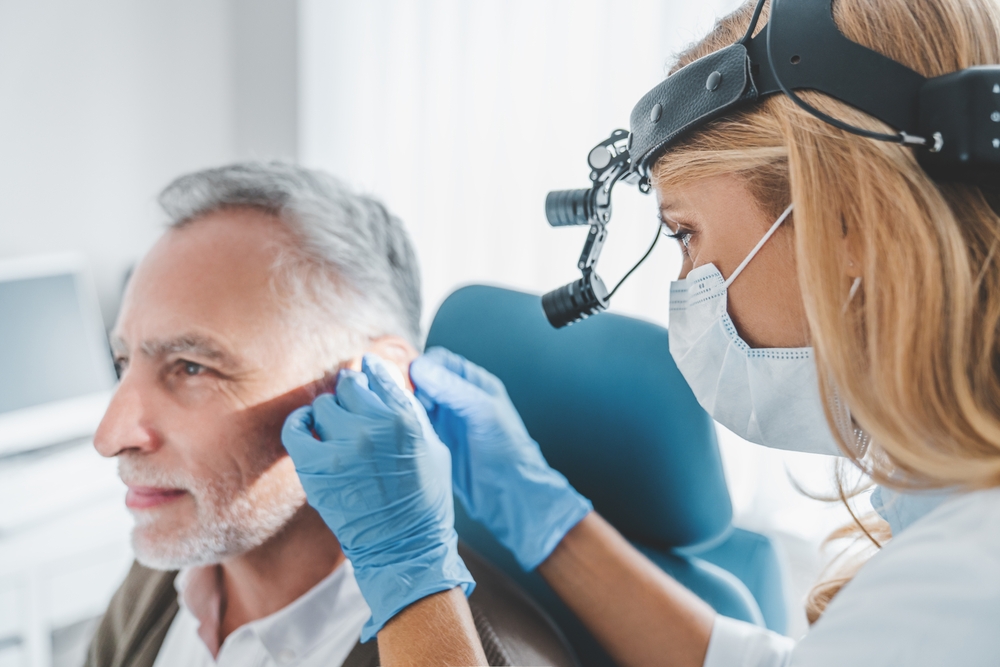When we think of professions with high risks for hearing loss, images of construction sites or rock concerts often come to mind. However, there are lesser-known careers where the threat to hearing is just as profound, if not more so. These occupations, though quieter in public perception, harbor significant dangers that can lead to irreversible damage to the ears.
Fishing: silence is deceptive
The tranquility of the open water belies the danger that fishermen face daily. Surprisingly, those in the fishing industry face a staggering 19% risk of developing hearing loss during their careers, often as early as their 30s or 40s. The constant hum of boat engines, the clanking of equipment, and the roar of the sea can all contribute to gradual hearing deterioration. Even recreational fishers aren’t spared, as the noise from boat engines alone can exceed safe decibel levels with prolonged exposure.
Farming: roars of the rural
In the heartland, where agriculture reigns supreme, the symphony of farm machinery fills the air. Tractors, threshers, and combines, essential tools of the trade, emit noise levels that can exceed 100 decibels during operation. It’s no wonder that around 78% of farmers experience hearing loss, a statistic alarming for its implications on productivity and quality of life.
Hunting: a silent shot
For hunters, the crack of a rifle or the blast of a shotgun punctuates the quiet of the wilderness. Shockingly, up to 80-90% of hunters forego hearing protection, exposing themselves to noise levels capable of causing instant and permanent hearing damage. This oversight contributes to the high prevalence of hearing loss among hunters, a somber reality even for young enthusiasts.
Logging/forestry: echoes of the wilderness
In the depths of the forest, amidst towering trees and echoing chainsaws, loggers face a 36% chance of developing hearing loss. The cacophony of sawmills and the constant change in altitude further exacerbate the risks, making ear protection essential for those navigating this rugged terrain.
Diving: depths of danger
Beneath the serene surface of the ocean lies a hazard often overlooked: the combination of loud motor noises and the potential for barotrauma during ascent and descent. Divers, whether professional photographers or marine biologists, face an increased risk of hearing damage due to the unique challenges posed by their underwater environments.
Flying: soaring into silence
For pilots and flight crews, the skies are not as silent as they appear. The roar of jet engines during takeoff can reach up to 150 decibels, a level capable of causing immediate damage to the delicate structures of the inner ear. Even within the confines of smaller aircraft, the risk remains significant, emphasizing the need for protective measures in the air.
How to protect your hearing on the job
Despite the inherent risks in these professions, there are proactive steps individuals can take to safeguard their hearing health:
- Adhere to Regulations: Follow workplace safety guidelines and regulations regarding hearing protection, as mandated by organizations like OSHA. These measures are designed to mitigate risks and ensure your long-term well-being.
- Use Proper Protection: Invest in high-quality earplugs or earmuffs designed to reduce noise levels effectively. For industries where noise levels fluctuate, dual protection may be necessary to adequately shield against damage.
- Monitor Noise Levels: Utilize smartphone apps or handheld decibel meters to assess the sound intensity of your surroundings. Awareness of noise levels empowers individuals to make informed decisions about protective measures.
- Seek Professional Advice: If you experience persistent ear fullness or suspect hearing damage, consult with an audiologist promptly. Early intervention can prevent further deterioration and preserve your hearing capabilities.
- Routine Hearing Tests: Regular screenings provide crucial insights into the impact of occupational noise on your hearing.
Monitoring changes over time enables proactive adjustments in protective strategies, promoting long-term hearing health.
While the dangers of noise-induced hearing loss are well-documented in certain professions, others quietly pose significant risks that demand attention. By raising awareness and implementing preventive measures, individuals can mitigate these risks and safeguard their hearing for years to come. Remember, protecting your hearing isn’t just about preserving a sense—it’s about safeguarding your quality of life.
Find a hearing specialist near you to schedule a routine hearing test or if you are suffering from occupation-related hearing loss.



